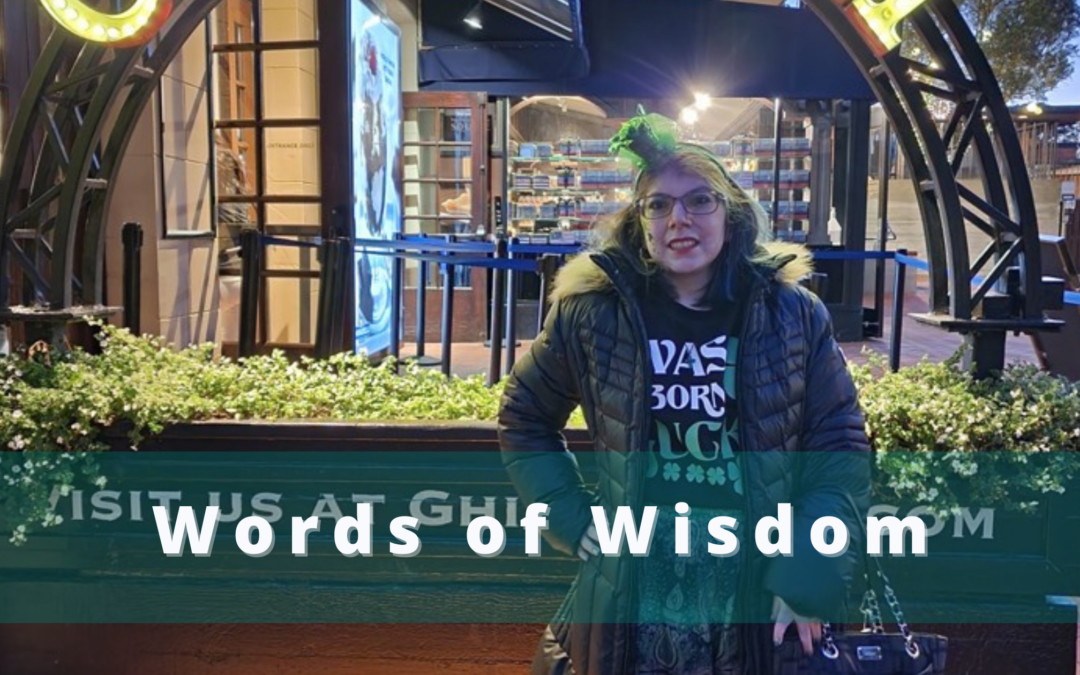Fermina Lopez
My transition to adult care has been a long process. In my early teens, my doctors and I started discussing how it would look when I transitioned to adult care. I had a primary care doctor and an OB/GYN during my teens. My doctors explained how health care would be provided as an adult. My primary doctor explained to me how to discuss my health care with an adult care provider. I was lucky because my primary care doctor knew that transitioning into adult care would be a challenging process, so she connected me with my OB/GYN, who was also a primary care physician and was allowed to see young adults until age 21.
At 18, my primary doctor released me to my OB/GYN, so I would still be seen by a pediatrician until 21. My OB/GYN explained how health care would change as an adult woman and the procedures I might experience. One concern was that I wouldn’t be able to see doctors who specialized in CdLS health care because there were not a lot of doctors in my area who knew about my CdLS conditions, so my doctors explained how I should explain my condition and how to ask for special services.
I started transitioning to adult care around 21. Unfortunately, my transition to adult care was during the COVID-19 pandemic, so I was not able to see a doctor in person, which made the transition difficult. I didn’t get the care I needed, and now I have relocated to a new state. Finding another doctor in my current location who understands CdLS has been hard. I am currently trying to get care for certain conditions and asking for help with special accommodations, but because the local doctors are unfamiliar with CdLS and symptoms, I feel they are ignoring my requests. In my new location, I do not feel like I am getting the services I need from the adult care providers. When I try to explain my problems, the local doctors treat me as if I am complaining.
The adult care providers don’t understand some issues I have due to CdLS. Some of my medical conditions do not give me problems all the time but flare up sometimes, and I need referrals to specialists, but because the local doctors are not familiar with CdLS, they say I look healthy and that all adults have health issues, and those adults don’t need special care so I shouldn’t need special care. If I could do it all over, I would have prepared better by doing more research on adult care providers who have experience with CdLS. I also should have asked other adults who have CdLS how they found the right care. Dental care is another issue I have because, as a teen I had a lot of dental work done, but I was seen by a pediatric dentist, so the office was more understanding when it came to dental care.

Recent Comments